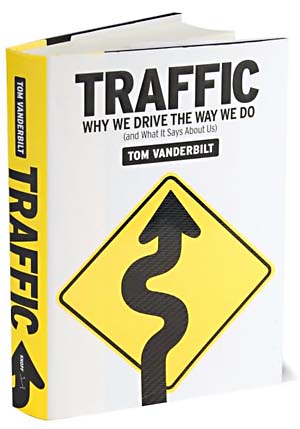 Promoting a book is not much different from marketing a business. Dreaming about the best-sellers list will not help you get your book off shelves. Businesses rely on a business plan. Similarly, your book requires a blueprint for identifying and creating a successful marketing plan for your book. Begin with these few simple steps to help identify the best way to market your new book.
Promoting a book is not much different from marketing a business. Dreaming about the best-sellers list will not help you get your book off shelves. Businesses rely on a business plan. Similarly, your book requires a blueprint for identifying and creating a successful marketing plan for your book. Begin with these few simple steps to help identify the best way to market your new book.1. What is your book's goal?
What is the purpose of writing your book and what do you want to accomplish? Key marketing decisions depend on your goals. The degree of investment necessary differs from just making a few copies of your book available for family and friends to selling thousands of books to total strangers. Whatever the case, make sure your goals are realistic and achievable based on resources you are willing and able to commit.
2. Who should read your book?
Knowing your audience will help you decide how to sell your book to readers. Consider your audience's demographics to determine your marketing focus. If you find your target to be a very small niche, marketing will need to be very focused. Aiming for a small niche of, say, Young Adult fiction with a strong interest in vampire-themed books may be better than aiming for a bigger slice of the broad fantasy fiction genre. Business books are marketed and priced with this strategy in mind. They focus on small niches but price books higher than fiction or most other genres. Conversely, you may want to expand the appeal of your book by making some changes to its scope so as to increase your customer base.
3. What is your Unique Selling Proposition?
Know as much as you can about what appeals to your target market? Position your book as an alternative with a specific difference. Perhaps your book belongs to the Self-Help genre on marriage counselling. Then identify what sets it apart from other titles by "writing against the grain". Maybe your book can contrast itself from most books with Christian views about marriage by writing a book that focuses on inter-faith marriages.
4. How will your book stack up against other titles in your genre?
Discover how your book relates to the industry you are writing about. For example, if you are writing a cookbook, it may fit in with healthy eating rather than down home barbecuing or cookbooks featuring celebrities. Start by identifying who your competition is and what their strengths and weaknesses are. Focus on their weaknesses where your book can highlight its strengths, because this is where you can position your book as a compelling alternative.
5. Where is your audience at and how do you plan to reach them?
In today's digital world it makes sense to begin your search for your target readers on the Internet. Search for websites with related interests to your book. Use social media sites like Facebook, Twitter. Take advantage of online book cataloguing sites like GoodReads and Shelfari and submit copies of your book as contest giveaways while encouraging book reviews on your social media profiles, website and blog. With online distribution becoming a favorite feature among most e-publishing formats, your book can also be sold and downloaded through the Internet, so it makes sense to start your marketing efforts where a growing population of readers is frequenting.
For more writing tips, head over to the iUniverse Writers Tips and learn from the experience of iUniverse Author Focus.










